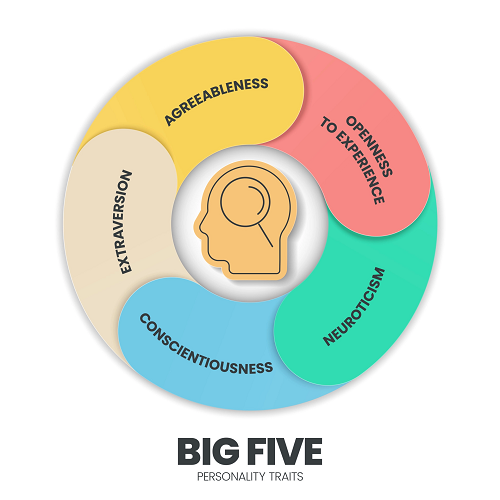3 Machine Learning APIs For Expert Developers Availble In Zyla Labs Hub

 Machine learning APIs have many applications in the world of programming. They can be used to create intelligent chatbots, to create intelligent applications that can learn from user behavior, or even to create games that can learn from players’ strategies. In this article, we will talk about 3 APIs for expert developers available in Zyla Labs Hub:
Machine learning APIs have many applications in the world of programming. They can be used to create intelligent chatbots, to create intelligent applications that can learn from user behavior, or even to create games that can learn from players’ strategies. In this article, we will talk about 3 APIs for expert developers available in Zyla Labs Hub:
BigFive Sentiment Analysis API
 The BigFive Sentiment Analysis API analyzes text using powerful machine learning techniques to evaluate the emotions and personality traits conveyed within it. It is capable of categorizing text into five major categories: openness, conscientiousness, extraversion, agreeableness, and neuroticism, and presenting the results in an organized way.
One of the most important features of this API is its capacity to perform thorough text analysis, recognizing not just the overall sentiment but also the precise emotions and personality traits conveyed within it. This gives developers a better grasp of the content and the individuals who created it.
The BigFive Sentiment Analysis API analyzes text using powerful machine learning techniques to evaluate the emotions and personality traits conveyed within it. It is capable of categorizing text into five major categories: openness, conscientiousness, extraversion, agreeableness, and neuroticism, and presenting the results in an organized way.
One of the most important features of this API is its capacity to perform thorough text analysis, recognizing not just the overall sentiment but also the precise emotions and personality traits conveyed within it. This gives developers a better grasp of the content and the individuals who created it.
The Phish Scanner API
 The Phish Scanner API can detect fraudulent or spammy URLs. Unlike traditional blacklist services, the Phish Scanner API detects phish using Machine Learning, thus even the most recent phish are vulnerable. Cybersecurity professionals and enthusiasts alike may use this API to enhance existing domain monitoring and anti-phishing procedures, or to develop novel OSINT security applications. In addition to awarding a Phish Score to every URL submission, the API delivers a complete feature set that customers may utilize to construct informative dashboards or intelligent apps based on the characteristics of each Phish.
The Phish Scanner API can detect fraudulent or spammy URLs. Unlike traditional blacklist services, the Phish Scanner API detects phish using Machine Learning, thus even the most recent phish are vulnerable. Cybersecurity professionals and enthusiasts alike may use this API to enhance existing domain monitoring and anti-phishing procedures, or to develop novel OSINT security applications. In addition to awarding a Phish Score to every URL submission, the API delivers a complete feature set that customers may utilize to construct informative dashboards or intelligent apps based on the characteristics of each Phish.
Fake Users Generator API
 Developers may use the False Users Generator API to produce fake user data for testing and development reasons. It produces random user profiles that include names, addresses, emails, phone numbers, and other information. Developers may also use the API to define criteria for generating more accurate data, such as demographics, geography, and employment. It may be used to populate databases, establish test accounts, and perform other functions.
The API also allows developers to input parameters such as demographics, geography, and employment to produce more accurate statistics. This allows for the generation of data that is more reflective of an application's real-world user base. This tool makes it easy for anyone to get started with machine learning.
Developers may use the False Users Generator API to produce fake user data for testing and development reasons. It produces random user profiles that include names, addresses, emails, phone numbers, and other information. Developers may also use the API to define criteria for generating more accurate data, such as demographics, geography, and employment. It may be used to populate databases, establish test accounts, and perform other functions.
The API also allows developers to input parameters such as demographics, geography, and employment to produce more accurate statistics. This allows for the generation of data that is more reflective of an application's real-world user base. This tool makes it easy for anyone to get started with machine learning.





